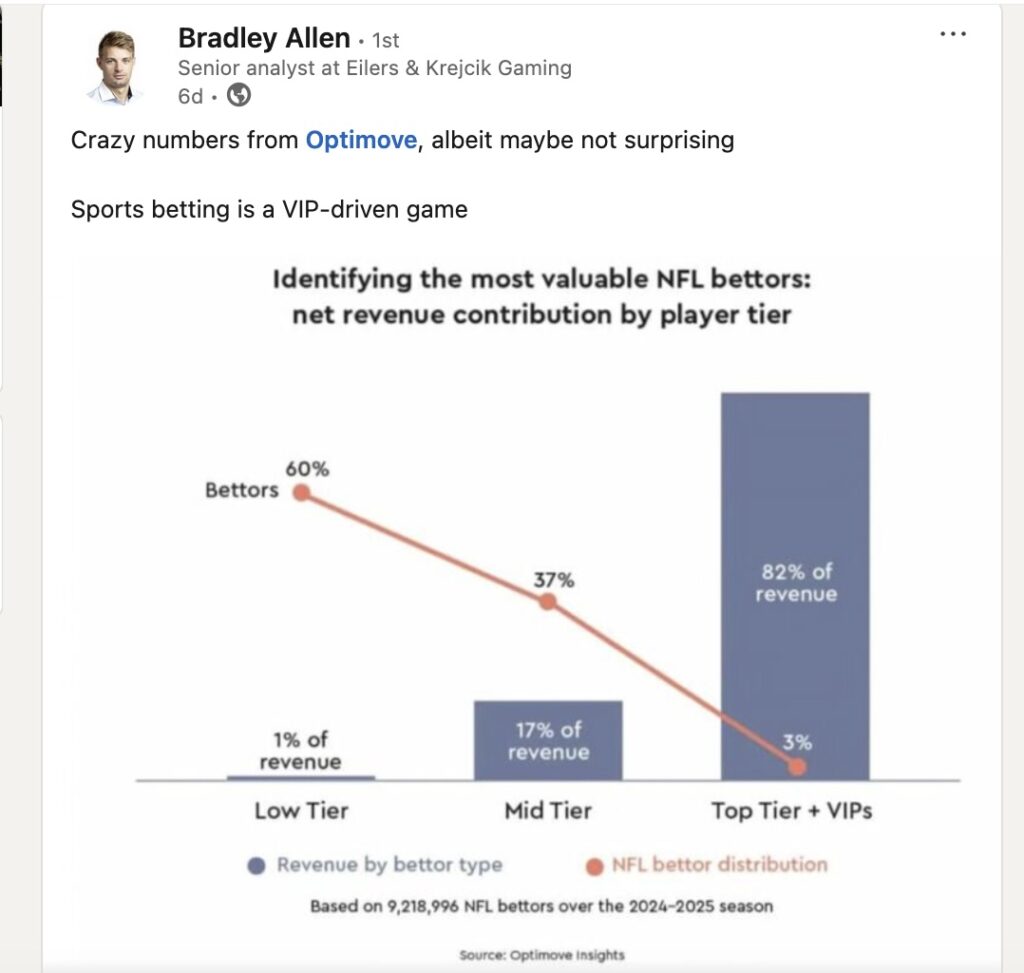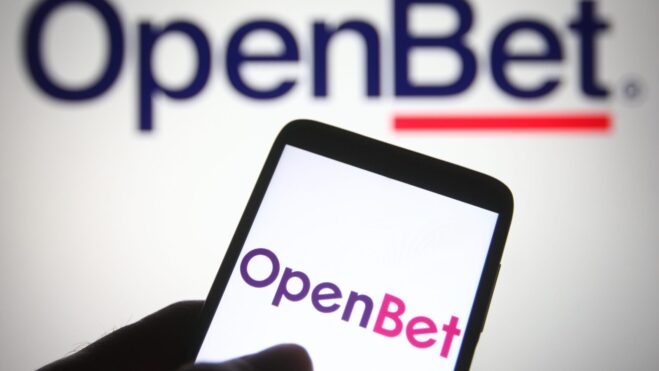‘Abusive’ — The Word That May Put Gambling VIP Programs On Trial
A single word change in New Jersey’s Consumer Protection Fraud Act could have wide-ranging consequences for gambling VIP programs
3 min

One New Jersey lawyer is using a single word added to the state’s Consumer Fraud Act in 2022 in an effort to stop online sportsbooks and casinos from what he sees as predatory behavior targeting problem gamblers.
Matthew Litt, a Chesterfield attorney — who doubles as the town’s mayor — has emerged as a leading figure in gambling addiction-related litigation, and he sees the addition of the word “abusive” to the state’s consumer protection laws as potentially transformative in court battles over VIP programs.
The legislature’s amendment to the state’s Consumer Fraud Act reflects what may amount to a significant shift in consumer protection policy and enforcement. Previously, the law addressed conduct deemed an “unconscionable commercial practice.” The 2022 change expanded this to include practices that are “unconscionable or abusive,” creating potential new grounds for legal action.
“The Consumer Fraud Act is explicitly supposed to be broad and it’s supposed to be expansive and it’s supposed to be able to evolve,” said Litt, who currently has five cases filed against major gambling operators and approximately 20 more under review.
Prior to the 2022 amendment, Litt explains, courts interpreted the Consumer Fraud Act narrowly.
“They’ve interpreted it to only mean something that’s deceitful or misleading,” he said. “The addition of the word ‘abusive’ sends the message to the courts that it’s not just limited to something that’s misleading or deceitful.”
This distinction is crucial in cases involving agents for gambling firms’ VIP programs, who Litt argues aren’t necessarily deceiving customers, but rather exploiting their addiction.
“These cases don’t have that traditional element of ‘what did they say to deceive or mislead,'” Litt said. “It’s not like I come to your store to buy a pint of Ben & Jerry’s ice cream that’s advertised for $3 and you get there and it’s really $6. With the VIP hosts, it’s manipulation.”
VIP: Very interesting plaintiffs
His highest-profile cases illustrate the scope of the issue. He represents Amit Patel in a $250 million lawsuit against FanDuel. Patel, currently serving a 6½-year sentence for stealing $22 million from the Jacksonville Jaguars to fund his gambling habit, alleges in his lawsuit that his VIP host contacted him as many as 100 times in a single day and that FanDuel provided him with $1.1 million in credits along with various perks and junkets.
In another case, Sam Antar is suing BetMGM over $30 million in losses during a six-month period in 2019. According to court documents, BetMGM’s VIP hosts sent more than 1,800 texts to Antar during that timeframe. The case, initially dismissed in district court, is now before the Third Circuit Court of Appeals.

But perhaps the case that will change the way hosts engage with their VIPs is the Lisa D’Alessandro case against DraftKings. Filed in New Jersey Superior Court, the lawsuit details how D’Alessandro’s estranged husband gambled away nearly $1 million of their family’s money while earning an annual salary of $175,000. According to court documents, her husband’s DraftKings account, under the username “Mdallo1990,” showed a stark escalation in betting activity. From modest beginnings of around $2,000 monthly in 2020, his wagering grew to an average of $64,715 per month by 2023.
The complaint alleges her husband took funds from her credit cards and their children’s savings accounts — money that had been accumulated through baptism, Christmas, and birthday gifts — without her knowledge or permission. Over the four-year period, the total gambling activity on his account reached approximately $15 million, with losses of $942,232.32.
The lawsuit claims DraftKings assigned him four different VIP hosts who communicated with him daily via text, phone, and email, offering incentives from free bets to luxury items despite clear signs of problem gambling. By 2022, he had been elevated to “Onyx Elite level status” while allegedly gambling far beyond his means.
A spokesperson for DraftKings declined to comment on the issue, saying the company cannot comment on pending litigation.
D’Alessandro, who is now living with her grandparents, gave an exclusive interview to the UK’s The Guardian this past weekend.
“My income, which I thought went to paying bills, actually went to DraftKings,” she said. “I’ve been working since I graduated to be able to provide for my family, and this feels like a major setback for my children. It feels like they are in a compromised position. … If I didn’t have my family, I would be on the streets. That is how severe this went.”
Litt said he receives daily inquiries from potential clients or their family members, all with similar stories of VIP hosts, escalating losses, and ignored red flags. While his cases are filed in New Jersey and New York venues, they involve clients from across the country.
“If we were talking about toaster ovens that the manufacturer knew were dangerous and were still encouraging people to buy, and someone got hurt, of course that’s a negligence action,” Litt said. “But for some reason, the casinos think that in the gambling space these laws don’t apply to them.”






